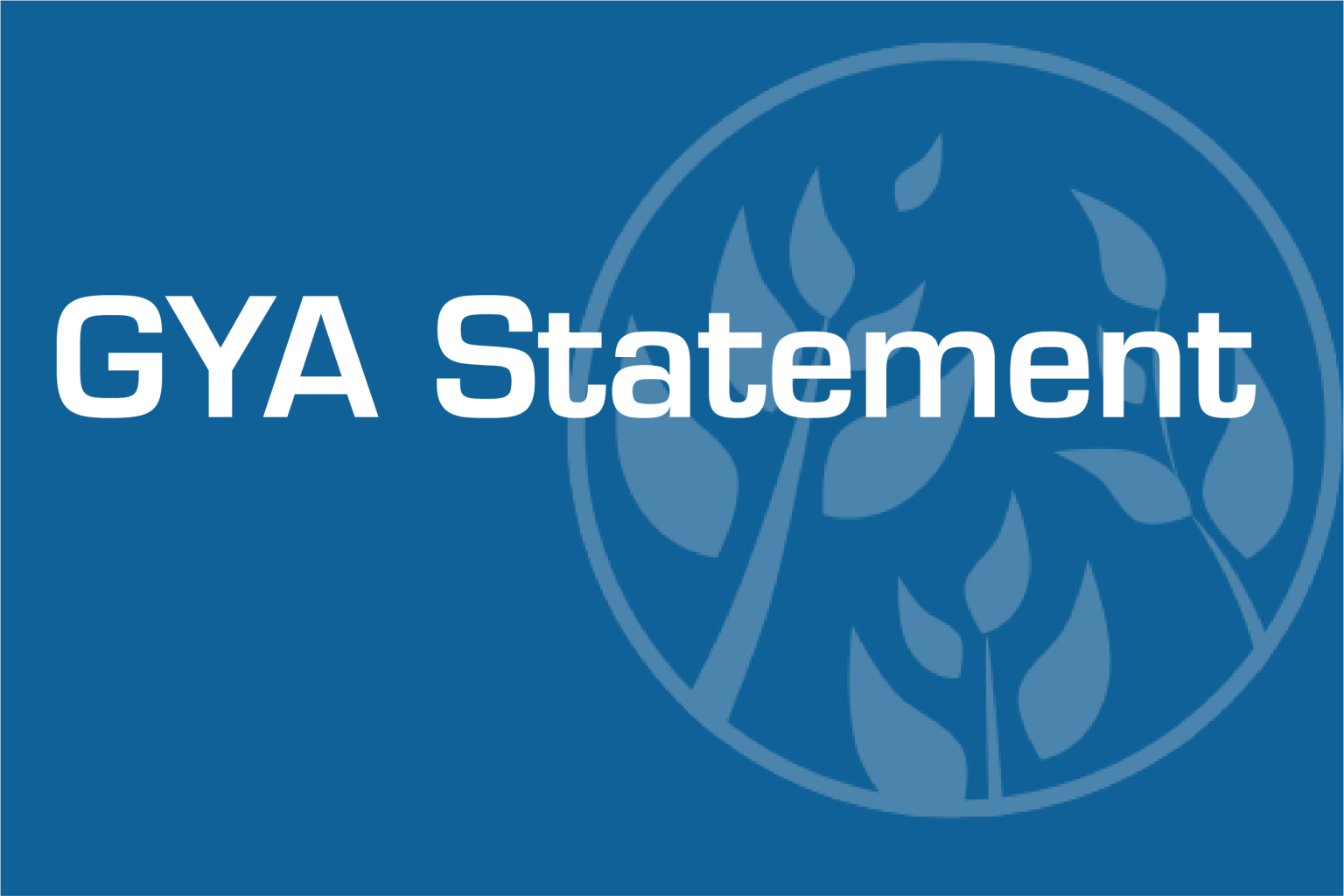The Global Young Academy stands in solidarity with everyone affected by the devastating impact of war. When it comes to scientists and researchers, which the GYA represents, we recognise their particular needs in war-torn regions and call for immediate action to support them in continuing their valuable work. To achieve this, we urge the following steps:
- Research and higher-education institutions worldwide should embrace inclusivity and solidarity by welcoming students, researchers, and academics affected by war. They should actively promote free speech, open discussions, and exchanges while safeguarding against hate speech and discrimination. By providing fellowships, scholarships, and temporary positions, these institutions can create a supportive environment that nurtures displaced talent and ensures the uninterrupted pursuit of knowledge. Furthermore, these institutions should create spaces to facilitate discussions on the experiences of academics impacted by war and cultivate a safe, inclusive atmosphere that promotes mutual respect and understanding, free from any form of harassment or intolerance. This comprehensive approach not only supports individuals affected but also enriches the global scientific community by embracing diverse perspectives and collective learning.
- Diplomatic missions aiming at the science systems must facilitate the relocation of scientists from war zones, enabling the global mobilisation and exchange of talent and ensuring the continuation of scientific activities during crises. This includes simplifying visa processes, providing financial assistance for relocation, and working with host countries to create opportunities for researchers to continue their work. By supporting the safe passage and integration of scientists, diplomacy can play a pivotal role in preserving the intellectual capital of conflict-ridden regions.
- Scientific publishers should provide free open access to their journals for scientists in war zones and facilitate the submission and review process for their articles, supporting the uncertainty of their situation, while also giving the deserved attention to create a knowledge base that informs humanitarian actions. Furthermore, publishers could establish dedicated platforms to showcase the work of these scientists, ensuring that their contributions to the global scientific discourse are not overshadowed by the crises they face.
This not only empowers researchers in war zones but also fosters greater understanding and empathy within the scientific community, strengthening global solidarity and collaboration.
We strongly urge the international community — including multilateral organisations, governments, research and higher-education systems, and fellow science academies — to join forces in safeguarding scientists in war zones, and actively support their protection. By doing so, we can encourage a just and lasting peace while ensuring the continued advancement of knowledge. The GYA is committed to working alongside these entities to help coordinate and implement these critical efforts[1], reaffirming our shared commitment to the principles of humanity, solidarity, and the pursuit of knowledge, even in war times.
[1] GYA’s At-Risk Scholar Initiative and Global Migration and Human Rights working group are dedicated resources available to assist scholars in need. We also encourage everyone to read United: GYA’s Commitment to Peace and Collaboration, which underscores our steadfast dedication to collaboration during challenging times.
